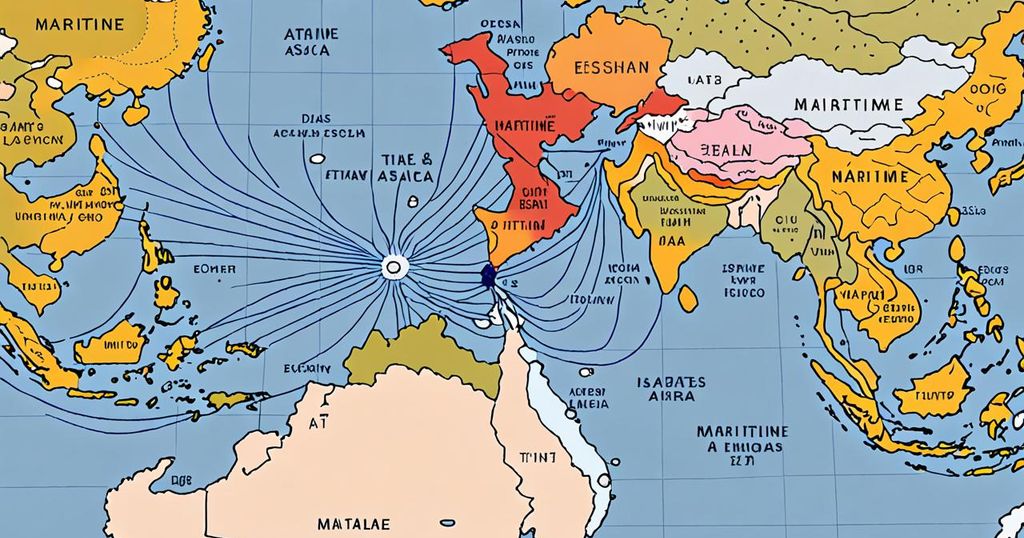The elevated presence of the Chinese coast guard in the South and East China Seas has raised apprehensions for Japan, Taiwan, and the Philippines. These three nations are confronted with the task of safeguarding their territory and national interests amidst the audacious maritime activities of China, all while steering clear of any actions that could result in warfare.
The focus of China’s aggressive behavior primarily centers around strategic islands within the ‘First island chain’. Consequently, nations like Japan, which possess numerous islands along this chain, have been directly impacted. For example, earlier this year, a Japanese survey vessel experienced a distressing encounter when it was approached by a Chinese coast guard ship in the dead of night. Lawmaker Tomomi Inada, who was aboard the vessel, recounted how the lights of the Chinese ship appeared suddenly and the crew was admonished in multiple languages to vacate the area, with the claim that it belonged to China.
The situation has garnered significant attention from policymakers and defense officials across the region due to its alarming nature. Countries are now grappling with the best approach to address this issue in a manner that preserves their interests without exacerbating tensions. However, the quandary lies in striking a balance between opposing China’s aggressive actions while evading missteps that could lead to a full-fledged conflict.
One of the reasons why this issue is so intricate is that China’s so-called ‘gray zone’ aggression operates in a manner that hovers just below the threshold of an actual armed conflict. This makes it challenging for affected nations to respond effectively without overstepping that boundary and risking a larger confrontation.
The situation is particularly disconcerting for Japan, Taiwan, and the Philippines, as China’s aggressive actions directly imperil the security and stability of the waters surrounding their territories. There is much at stake, with potential risks to crucial trade routes, access to resources, and the broader regional balance of power.
Consequently, policymakers and officials in these nations are meticulously evaluating their defense strategies and contemplating a range of options to counter China’s maritime aggression. Exploring avenues such as enhancing maritime surveillance, reinforcing coast guard patrols, and expanding defense partnerships with other like-minded countries are being considered as potential measures to fortify security and ensure that these nations can effectively protect their interests.
The pivotal need to find a resolution to China’s maritime aggression cannot be overstated. It is not only a matter of safeguarding national interests, but also crucial for fostering a rules-based international order and preventing the erosion of regional stability. Hence, it is imperative for affected nations to collaborate closely with other regional and global partners to address this pressing challenge.
In conclusion, the escalating maritime threat posed by China is a matter of great concern for Japan, Taiwan, and the Philippines. The delicate equilibrium between defending national interests and avoiding conflict is a complex issue that demands thoughtful and strategic deliberation. By collaborating and formulating a cohesive response, these nations can uphold stability and security in the region while sending a resounding message that aggressive actions will not be tolerated.

Leave a Reply